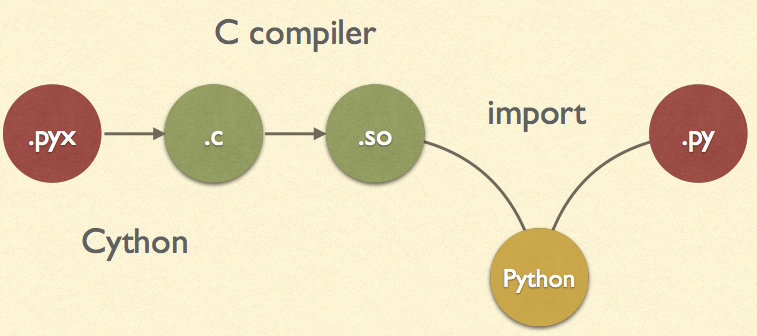
RESTlet Script Type: RESTlets can be used to define custom RESTful integrations to NetSuite. LIST: A standard list of user-defined column headers and rows.Ħ.Unlike other portlets, which are column-oriented and sorted top to bottom, the Links portlet is row-oriented and sorted left to right LINKS: Shows links to pages that NetSuite has defined as related.

HTML: An HTML-based portlet that is used to display free-form HTML.This type supports the Portlet module that can refresh and resize the portlet, as well as the use of record-level client-side script to implement validation. FORM: A data entry form with up to one submit button embedded into a portlet.The following portlet script types are supported: For example, users can use SuiteScript to create a portlet that is populated on-the-fly with company messages based on data within the system. Portlet Script Type: Portlet scripts enable the users to create custom dashboard portlets.
#Eventscripts parallel processing update#
Mass update scripts are started on demand, and users cannot prioritize them or schedule them to run at specific times.ĥ. Mass update scripts can run complex calculations, as defined in your script, across records. Mass Update Script Type: Mass update script is a server side script that allows users to programmatically perform custom updates to fields that are not available through general mass updates.
Yield automatically: If a map/reduce job exceeds NetSuite governance limit, the Map/Reduce framework automatically causes the job to yield and its work to be rescheduled for later, without disruption to the work done by the script.Ĥ. Users can choose the level of parallelism when the script is deployed. 
 Execute in parallel: Advantage of Map/Reduce is that these jobs can work in parallel. Some of the key features of this script type are: Map/Reduce is best suited for situations where the data can be divided into small, independent parts and processed independently. These scripts can be scheduled for submission or submitted on an on-demand basis. Client scripts execute in the user’s browser by predefined event triggers such as loading a form for editing, entering or changing a value in a field (before and after it is entered), selecting a line item on a sublist, adding a line item (before and after it is entered) and saving a form.ģ.Map/Reduce Script Type: Map/reduce scripts provide a structured framework for processing large number of records or huge volume of data. These scripts can be run on most standard NetSuite records, custom record types and custom NetSuite pages such as Suitelets. They can validate user-entered data, auto-populate fields or sublists at various form events. A bundle installation script can be associated with multiple bundles.Ģ.Client Script Type: Client scripts, as the name suggests, are scripts that are executed on the client side. These activities may include setup, configuration, and data management tasks that would otherwise have to be completed by NetSuite account administrators. Let’s look at the different types of Suitescripts that are available for development and customization of NetSuite application:ġ.Bundle Installation Script Type: Bundle installation scripts perform certain activities in target accounts as part of bundle installation, update, or uninstall. SuiteScripts are built on Javascript which enable full-featured application-level scripting capabilities throughout NetSuite.
Execute in parallel: Advantage of Map/Reduce is that these jobs can work in parallel. Some of the key features of this script type are: Map/Reduce is best suited for situations where the data can be divided into small, independent parts and processed independently. These scripts can be scheduled for submission or submitted on an on-demand basis. Client scripts execute in the user’s browser by predefined event triggers such as loading a form for editing, entering or changing a value in a field (before and after it is entered), selecting a line item on a sublist, adding a line item (before and after it is entered) and saving a form.ģ.Map/Reduce Script Type: Map/reduce scripts provide a structured framework for processing large number of records or huge volume of data. These scripts can be run on most standard NetSuite records, custom record types and custom NetSuite pages such as Suitelets. They can validate user-entered data, auto-populate fields or sublists at various form events. A bundle installation script can be associated with multiple bundles.Ģ.Client Script Type: Client scripts, as the name suggests, are scripts that are executed on the client side. These activities may include setup, configuration, and data management tasks that would otherwise have to be completed by NetSuite account administrators. Let’s look at the different types of Suitescripts that are available for development and customization of NetSuite application:ġ.Bundle Installation Script Type: Bundle installation scripts perform certain activities in target accounts as part of bundle installation, update, or uninstall. SuiteScripts are built on Javascript which enable full-featured application-level scripting capabilities throughout NetSuite. 
SuiteScripts allow developers and administrators to create flexible business logic within NetSuite such as business processes and new applications, all of which can be tailored to specific business needs.








 0 kommentar(er)
0 kommentar(er)
